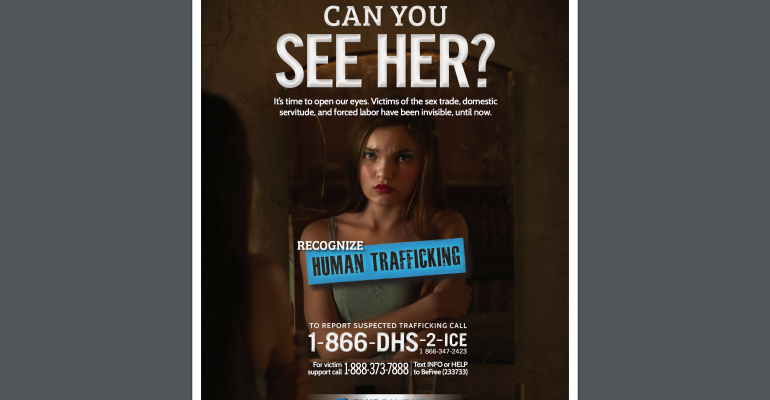Should hotel workers be trained to recognize signs of human trafficking? Seeing as human traffickers seem to like to put their captives up in hotels—from no-tell motels to high-end luxury properties—one would think this is something that hotels are already doing on their own. And most of the major chains are.
For those that aren’t, a couple of New York legislators have introduced a bill that would require everyone from front desk workers to housekeepers to restaurant staff to learn the signs that could indicate trafficking may be happening at their property. Other states also are considering similar bills, including California and Florida. Connecticut was the first state to pass a law requiring this type of training two years ago.
And, while I doubt anyone will pass a law requiring it, I would add that meeting professionals and their travel support staff also should learn the signs, which are nicely provided by the Department of Homeland Security on its Blue Campaign’s Hospitality Toolkit. There’s a lot of information online, including resources on the ECPAT website, which is a worldwide network of organizations working to end the commercial sexual exploitation of children.
And get in touch with Sandy Biback, CMP, CMM, a meeting professional based in Toronto who has taken this cause to heart. She is working hard to get the hospitality and meeting planning communities to learn what to look for and what to do about it. Learn more at Meeting Professionals Against Human Trafficking.
If you see something suspicious—for example, someone who appears to be fearful, nervous, abused, or who pays in cash or with a prepaid card; or an excessive number of people visiting a particular guest room—don’t alert either the victim or the perpetrator to your suspicions, which could be dangerous for you and the victim. But do alert local law enforcement, call the National Human Trafficking Hotline at (888) 373-7888, and/or report it online at www.ice.gov/tips.
And if you haven’t already, download the TraffickCam app and upload photos of the hotel rooms you occupy in the course of your travels. They will be added to a database that helps authorities identify hotels where sex traffickers are operating.
There are more of us than there are sex traffickers—if we all keep our eyes and ears open, we can help end this.
Update 4/11: On Wednesday, President Trump signed legislation allowing victims to sue websites that enable online sex trafficking. Reuters quotes Sen. Rob Portman (R-Ohio), a co-sponsor of the Senate version of the bill, as saying, "This is a momentous day in the fight to help stop online sex trafficking, and a big victory for trafficking victims and survivors who for too long have been denied the opportunity to get the justice they deserve."





